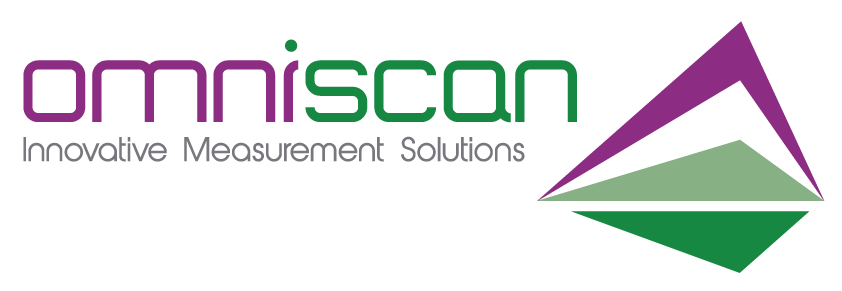Texture measurement plays a vital role in understanding the surface characteristics of materials across industries such as automotive, aerospace, medical devices, and precision engineering. Surface texture affects how materials behave in terms of friction, wear, adhesion, and aesthetics. Accurately quantifying texture ensures components meet functional requirements and industry standards.
What Is Surface Texture?
Surface texture encompasses the fine details of a material’s surface, including roughness, waviness, and lay. These microscopic features influence a product’s performance by affecting contact mechanics, coating adhesion, and visual appeal.
- Roughness: Small-scale irregularities on the surface, typically measured in microns.
- Waviness: Larger-scale undulations often caused by machining or process vibrations.
- Lay: The dominant pattern direction from manufacturing processes, such as grinding marks.
Why Measure Texture?
Accurate texture measurement is critical for:
- Quality control: Ensuring products comply with specifications and standards.
- Process optimisation: Identifying and adjusting manufacturing parameters for improved surface quality.
- Functional performance: Reducing friction and wear, improving lubrication retention, or enhancing bonding.
- Aesthetic inspection: Maintaining consistent visual and tactile properties.
Methods of Texture Measurement
Both contact and non-contact methods are used to measure surface texture:
- Contact profilometers: Mechanical stylus scans the surface to provide roughness profiles. While effective, they risk damaging delicate surfaces.
- Non-contact optical profilometers: Technologies such as white light interferometry and confocal microscopy provide fast, high-resolution 3D surface maps without touching the sample.
Optical techniques are preferred for fragile, soft, or highly finished surfaces due to their non-destructive nature and superior data quality.
Advanced Texture Measurement with Omniscan
At Omniscan, we specialise in advanced metrology solutions that deliver precise and reliable surface texture analysis. Our optical profilometry systems enable detailed characterisation of complex surfaces, supporting improved product performance and manufacturing consistency.
Understanding and controlling surface texture is key to producing components that meet demanding specifications and ensure longevity in service.
Contact Omniscan to learn more about how our texture measurement solutions can support your quality assurance and R&D needs.


